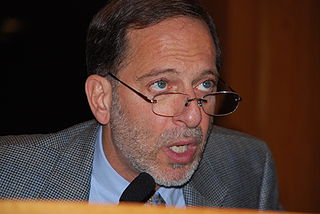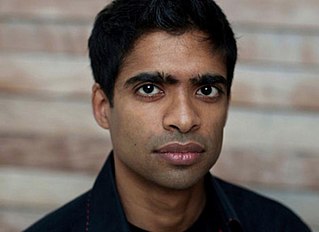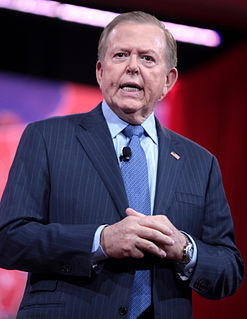A Quote by Arundhati Roy
Whatever else their faults may be, they were not radical Islamist states - Iraq was not, Syria is not, Libya was not. The most radical fundamentalist Islamist state is, of course, your America's Saudi Arabia.
Related Quotes
After Iraq, there's been Libya, there's Syria, and the rhetoric of, you know, democracy versus radical Islam. When you look at the countries that were attacked, none of them were Wahhabi Islamic fundamentalist countries. Those ones are supported, financed by the U.S., so there is a real collusion between radical Islam and capitalism. What is going on is really a different kind of battle.
We have an even worse situation in Syria, where the United States' allies are actually supporting people who are violently opposed to the United States, who are dangerous, radical Islamist fanatics. I mean, where is the logic of that? When are we going to call the Saudis on the support of intolerant, bigoted, fanatical types of Islam? When are we going to call this ally?
The committee accepts that, as the government response suggests, U.K. policy in Libya was initially driven by a desire to protect civilians. However, we do not accept that it understood the implications of this, which included collapse of the state, failure of stabilization and the facilitation of Islamist extremism in Libya.
I just can't imagine anyone in the United States military who would not understand the distinction between a jihadist and a radical Islamist and Muslims. I think that is snobbery from elitists. It goes to the issue, it seems to me, of an orthodoxy, a political correctness that has infiltrated the U.S. Army.
I think no country is going to be immune from the Arab awakening because the Arab awakening is driven by deep human longing for dignity, for justice and for freedom. I think that applies to young people in Saudi Arabia as much as to young people in Egypt, Tunisia, or Yemen, or Libya, or Syria. If I were in Saudi Arabia, I would be getting ahead of this and looking for ways to appreciate those aspirations and align my country with them.



































